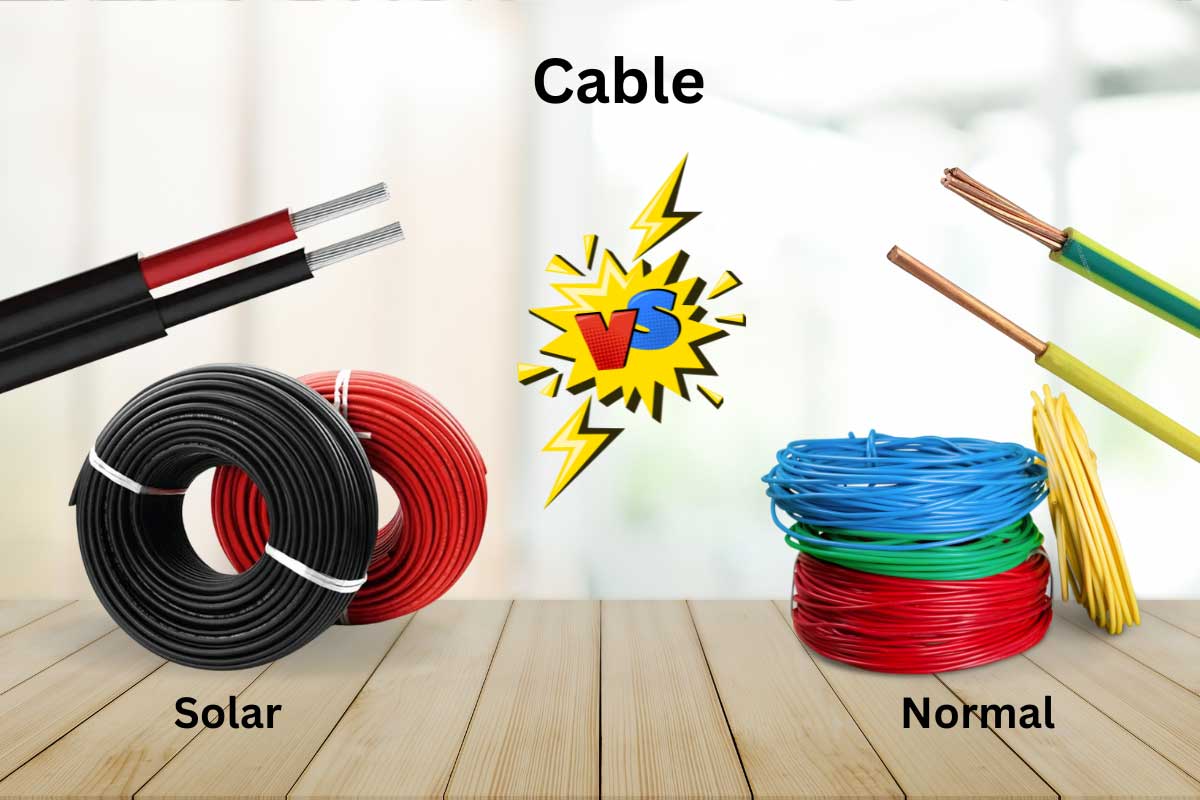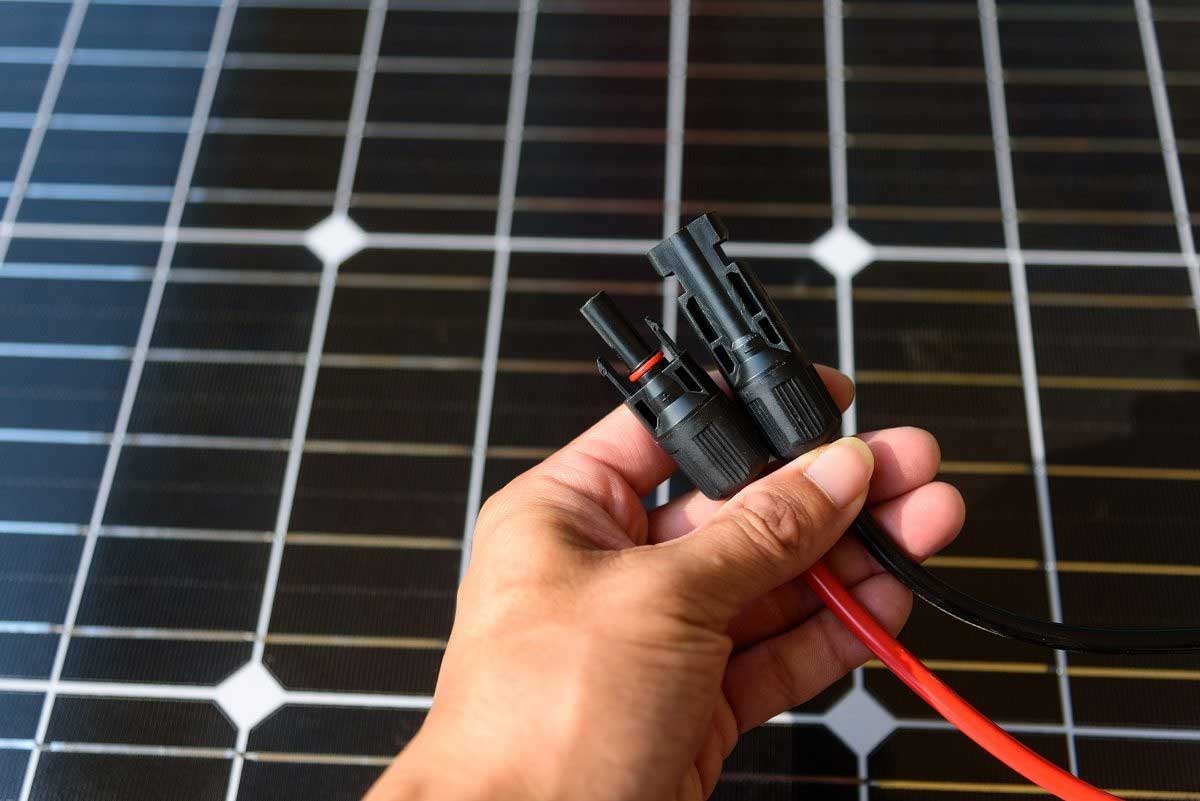Solar Cable Installation Guide
Welcome to the utmost overview on solar cable installation as well as fundamentals. This overview will certainly cover the primary benefits of solar wires and also details such as voltage, power, existing, string configuration, and also other essentials you need to understand solar circuitry better. Solar wires are cables used for solar power generation. Solar cable exist to attach solar panels to various other electric parts in the solar gear. Solar wires are very weather-resistant as well as can stand up to high temperatures.
The adhering to are the primary benefits of QZ solar cables:✔
Heat-resistant for heats approximately 125c✔
UV light resistant✔
Water-resistant✔
Easy to connect to various other panels
Choosing the right photovoltaic (PV) cables is crucial for the performance, safety, and longevity of a solar power system. Here are important factors to consider when selecting photovoltaic cables:
Voltage Rating: Choose photovoltaic cables with a voltage rating suitable for your specific PV system. Common voltage ratings include
600V and 1000V. Ensure that the cable's voltage rating meets or exceeds the maximum system voltage.
Conductor Material: Copper and aluminum are the most common conductor materials. Copper is preferred for its high conductivity and corrosion resistance, but aluminum is sometimes used for its lighter weight. Select the appropriate material based on your system's requirements and budget.
Cable Size (Conductor Cross-Sectional Area): Determine the required cable size based on the current carrying capacity needed for your PV system. Consider factors such as the distance between the solar panels and the inverter, as well as the expected current flow. Larger conductor sizes may be needed for longer cable runs to minimize voltage drop.
Insulation Material: The insulation material should be suitable for outdoor use and provide protection against environmental factors such as sunlight, heat, and moisture. Common insulation materials include cross-linked polyethylene (XLPE) and polyvinyl chloride (PVC). XLPE is preferred for its enhanced thermal and mechanical properties.
UV Resistance: Given that photovoltaic cables are often exposed to sunlight in outdoor installations, UV resistance is crucial. Choose cables with UV-resistant insulation to prevent degradation and ensure long-term durability.
Temperature Rating: Select cables with a temperature rating that suits your environmental conditions. PV cables should be capable of withstanding a wide range of temperatures. Consider both the operating temperature range and the temperature during installation.
Flexibility: Choose flexible photovoltaic cables if your system involves tight bends or requires flexibility. Flexible cables are easier to install in situations where the cable may need to navigate around various components.
Shielding (for DC Cables): In DC photovoltaic systems, consider cables with shielding to protect against electromagnetic interference (EMI) and radio frequency interference (RFI). Common shielding types include braided shields and foil shields.
Flame Retardancy: Depending on the application and local regulations, you may need flame-retardant cables. Flame-retardant properties help reduce the spread of flames and the release of toxic gases in the event of a fire.
Compliance with Standards: Ensure that the selected photovoltaic cables comply with relevant international or local standards, such as those set by the International Electrotechnical Commission (IEC) or the Underwriters Laboratories (UL).
Connector Compatibility: Consider the compatibility of the cables with connectors commonly used in the PV industry. For instance, MC4 connectors are widely used for connecting solar panels.
Application-Specific Considerations: Take into account any specific requirements for your application, such as oil and chemical resistance in industrial settings, or halogen-free properties for enhanced fire safety.
Budget Considerations: While it's important to prioritize quality and performance, consider your budget constraints when selecting photovoltaic cables. Compare prices from reputable suppliers to ensure you get the best value for your investment. QZ cable is a high-quality cable manufacturer in China. The photovoltaic cables produced by QZ cable are not only produced in strict accordance with international standards but are also particularly cost-effective.

Consult with Experts: If you're unsure about the specific requirements for your PV system or need assistance in choosing the right cables, please consult with us,we have experienced solar installers and cable engineers.
Get a free quote by E-mail:info@cable-uni.com

